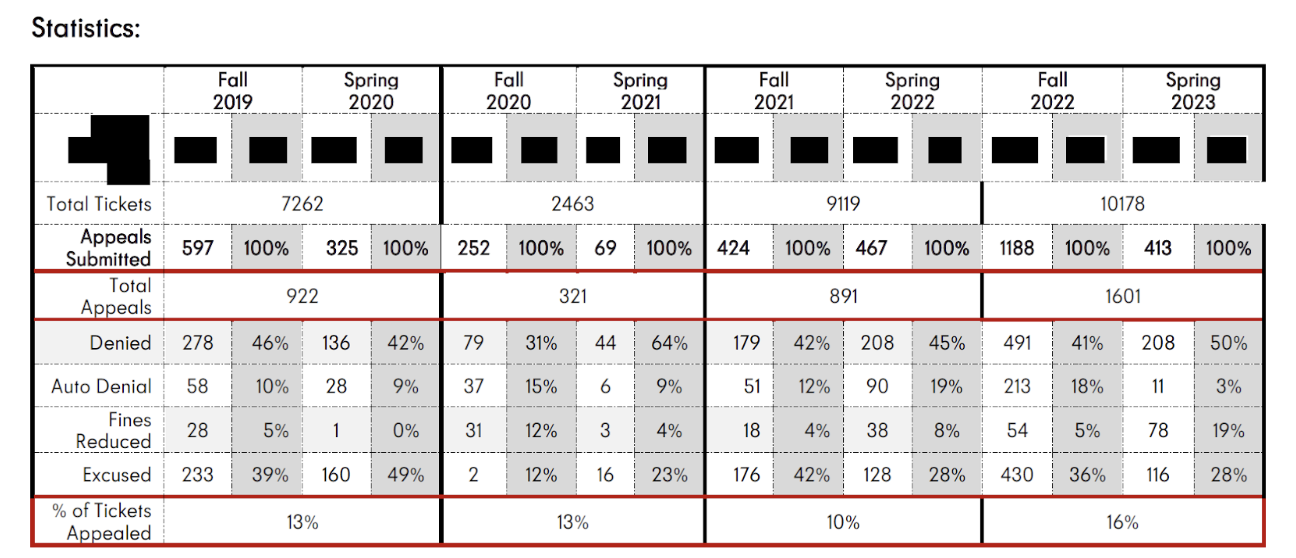Math department works with borough
By Laura Quain
Assistant Copy Editor
Students in Eric Landquist’s course, “Mathematical Modeling,” have been working in conjunction with the Kutztown borough’s wastewater plant- their work has enough impact to save the borough thousands of dollars.
The students, Joe Ritzko and Dan Steinberg, are both second semester seniors with dual majors in physics and math.
“They are two of our top students, and they’re dual majors, which means that they have a lot of applied mathematics background and a lot of computational experience. So I knew this problem would be right up their alley,” said Landquist.
Landquist, assistant professor of math, applied for a Preparation for Industrial Careers in Mathematical Sciences (PIC Math) program. The program is a grant from the National Science Foundation, administered through the Mathematical Association of America and the Society of Industrial and Applied Mathematics.
“Instructors in a PIC Math course will go out to area businesses and organizations and look for open-ended quantitative problems for students to work on in groups in the context of the course,” said Landquist. “The course itself is part math course and part internship, so students in the course are getting real-world experience in actual real-world problems, with all of the messy data that that entails.”
He then contacted Derek Mace of the Kutztown Borough Council asking if there were any problems of interest in the borough that his students could work on. Landquist also spoke with KU’s President, Kenneth Hawkinson, who meets regularly with Kutztown Mayor, Sandy Green. Green mentioned a problem with the sewage treatment in Kutztown, Hawkinson passed that information along to Landquist.
Hawkinson says that he encourages situations like these that nurture the relationship between the university and the borough.
“We are very sensitive to our relationship with the community, and stories such as this demonstrate that it can be a win-win situation,” he said. “I think this tends to be the norm, rather than the exception. Every university and town face their challenges at some point, sometimes as the result of actions of a small representative of the student body. However, there are many more good stories, like this one, that the borough and university can tell that demonstrate how important we are to each other.”
Currently, the course is in its trial stage, but based on its apparent success and benefit to the students, Landquist is aiming to make it a full-time course.
“It really is a win-win situation,” said Landquist. “There are a lot of companies and organizations out there that have these back-burner problems that they just don’t have the time or resources to work on. We have students with time and resources that can attack the problems. It gives the organization, hopefully, a solution to a problem and it gives students experience that can give them a foot in the door for employment later.”
Ritzko and Steinberg were given a list of four problems that deal with the wastewater treatment plant. Out of the four, the students decided to tackle a problem that dealt with methane being produced in the plant.
“One item is determining if there is a way to utilize our methane gas which is produced during our sludge digestion process,” said Jarrad Burkert, manager of the wastewater treatment plant. “An example would be to use it as an additional fuel source to heat our sludge process and reduce the amount of fuel oil we currently use.”
According to Steinberg, Burkert has been told that a plant needs to be about three times the size of the Kutztown wastewater treatment plant to be able to heat up a digestive tank, because you need to keep it at 95 degrees Fahrenheit. To heat it up solely with the methane produced by it, you need it to be much larger.
“I am always up for new ideas,” said Burkert. “This seemed like a different aspect than we normally use to look at operations so I looked into some processes we have that students may be able to apply formulas to. We are always open to working with students if the application fits to also give them an out-of-classroom experience or project so I felt it was a great idea to look into.”
The students chose to complete this problem because it was the most easily applied and had the most direct impact. They have created a mathematical model that could save the borough money.
The set-up cost has to be less than the amount that they saved in order for it to be profitable.
Burkert has invited the students back for a summer internship.
“We’re kind of open to carry the internship over to next summer or continue working on it during the school year so it would be a little of the same,” said Ritzko.





Leave a Reply